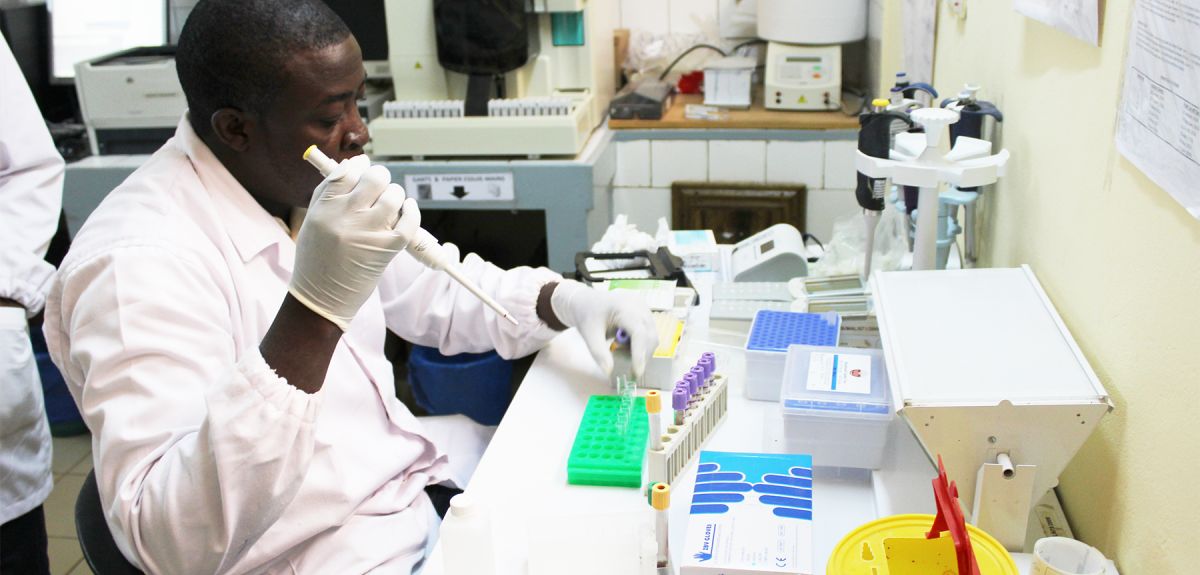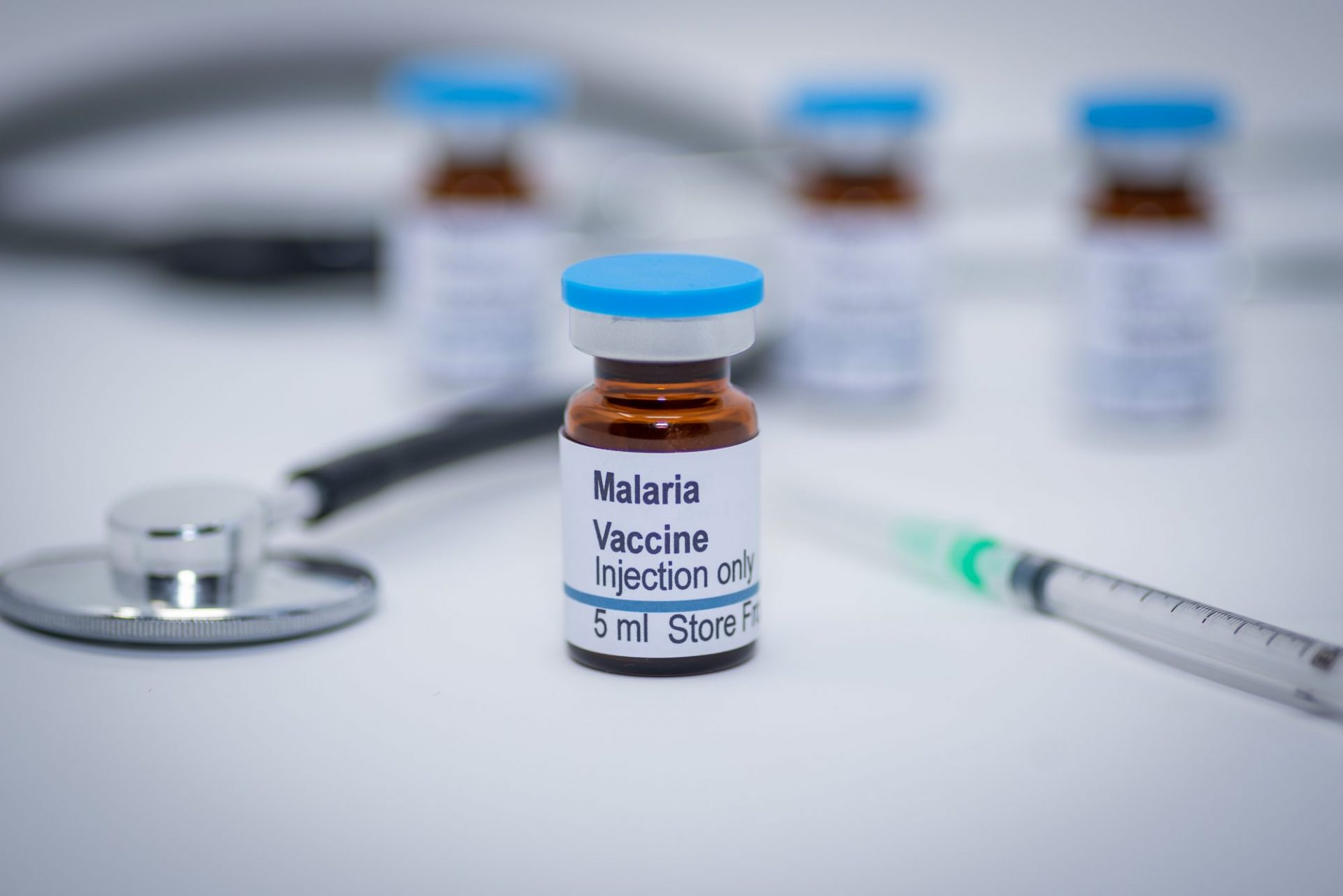
Potential Malaria Vaccine On The Horizon
Just in 2019, about 229 million cases of the mosquito-borne infectious disease have been reported, while an estimated 409,000 deaths have occurred due to the disease. Children who are under 5 years old are most vulnerable and made up 67% of the total global deaths in 2019.
The Clinical Research Unit of Nanoro (CRUN) / Institut de Recherche en Sciences de la Santé (IRSS) in Burkina Faso saw researchers testing 450 children between the ages of 5 and 17 from different villages over several months. They tested the latest malaria vaccine in order to ensure efficacy as well as safety.
The kids were divided into three groups: a control group that received a rabies vaccine, a high dose malaria vaccine group, and a low dose malaria vaccine group.

The Results Have Been Promising
The results have no been peer reviewed yet, but the outcome is still very positive. The phase IIb clinical trial showed that the Oxford vaccine is 77% effective at the higher dose, and the lower dose was 71% effective, with no adverse health effects reported. The vaccine was also tolerated well by the recipients.
Halidou Tinto, Professor in Parasitology, Regional Director of IRSS in Nanoro, and the trial Principal Investigator shared: “These are very exciting results showing unprecedented efficacy levels from a vaccine that has been well tolerated in our trial program. We look forward to the upcoming phase III trial to demonstrate large-scale safety and efficacy data for a vaccine that is greatly needed in this region.”
The phase III trial will be larger and has begun recruiting volunteers to test a larger group of children (4800 total) across four African countries. If this phase is successful, it could mean a malaria vaccine will be available in the near future.
Lynsey Bilsland of Wellcome, an organization that helped fund the research, shared: “Despite global efforts against malaria, too many lives are still lost to this disease, especially babies and young children. Vaccines could change this. This is an extremely promising result showing high efficacy of a safe, low-cost, scalable vaccine designed to reach the huge numbers of children who are most at risk of the devastating impact of Malaria. Whilst further studies are required, this marks a significant and exciting step forward on an critical global health challenge.”

This Could Mean A Vaccine In The Near Future








